In the contemporary automotive landscape, the significance of personalization has reached heights. Both car owners and manufacturers are in pursuit of innovative methods to differentiate vehicles, aligning with personal preferences and reinforcing brand identities. This surge in demand for distinctive, bespoke designs has permeated various facets of vehicle manufacturing, with the production of grilles being notably impacted. Consequently, the Automotive Grille factory industry is undergoing rapid transformation to accommodate the escalating appetite for customization.
Historically, grilles were crafted with a singular focus on functionality—to safeguard the engine and facilitate air circulation. While these functions remain crucial, the aesthetic significance of grilles has grown exponentially. They have evolved into pivotal design features, enabling vehicle owners to project their individuality and allowing brands to articulate their visual signatures. The challenge for Automotive Grille factories lies in harmonizing these creative ambitions with the imperatives of manufacturing efficiency and product excellence.
A pivotal adaptation within the Automotive Grille factory sector is the embrace of cutting-edge manufacturing technologies. Conventional grille fabrication often depended on static molds and uniform designs, which restricted diversity. However, with the advent of CNC machining, 3D printing, and laser cutting, these factories are now capable of producing more complex and personalized grille designs without compromising on manufacturing velocity or precision.
Customization is not only about shapes and patterns but also materials and finishes. A modern Automotive Grille factory offers a broader range of materials beyond the traditional metals such as aluminum and stainless steel. Plastics, composites, and even carbon fiber are becoming options for grille production, catering to preferences for lightweight and performance-oriented designs.
Finishes also play a large role in customization. Matte, gloss, chrome, and powder-coated finishes are widely offered, allowing vehicle owners to choose how their grille complements the rest of the car. Some Automotive Grille factory operations even provide multi-tone or gradient finishes to achieve unique visual effects.
The demand for customization means that many customers want smaller, bespoke production runs rather than large quantities of identical parts. This shift has required the Automotive Grille factory to retool its processes for greater flexibility. Rather than relying solely on mass production, factories now integrate modular production lines that can switch quickly between different grille designs.
To meet customization demands successfully, the Automotive Grille factory is increasingly working closely with designers, car manufacturers, and even individual customers. This collaborative approach ensures that designs are both visually appealing and manufacturable.
Customized grilles still need to meet the same quality and safety standards as traditional ones. The Automotive Grille factory has adapted its quality control processes to handle the variability in designs while maintaining consistent standards.
This often involves enhanced inspection methods, including 3D scanning and automated visual inspections, to verify that custom parts meet precise specifications. Additionally, customized finishes are tested for durability, ensuring they withstand exposure to weather and road conditions.
Sustainability is a growing concern in the automotive industry, and the Automotive Grille factory is incorporating eco-friendly practices even in custom grille production. Offering recyclable materials and environmentally responsible finishing processes is becoming standard.
Custom grilles made from recycled materials or designed for easier disassembly support sustainability goals. The Automotive Grille factory also aims to reduce waste by using precise manufacturing techniques that reduce leftover materials during production.
Customization in the automotive world shows no signs of slowing down, and the Automotive Grille factory has risen to the challenge by embracing innovation and flexibility. From advanced manufacturing technologies and expanded material options to collaborative design processes and sustainable practices, the factory sector is evolving to offer increasingly personalized grille solutions.
For manufacturers and car enthusiasts seeking to express their unique vision, working with a modern Automotive Grille factory means access to tailored designs that do not compromise on quality or performance. As this trend continues, the role of the grille as both a functional and stylistic component will only grow, driving further innovation in factory production techniques.

 English
English 日本語
日本語 Français
Français Deutsch
Deutsch Español
Español 简体中文
简体中文(canaddletterfordraptor).jpg)
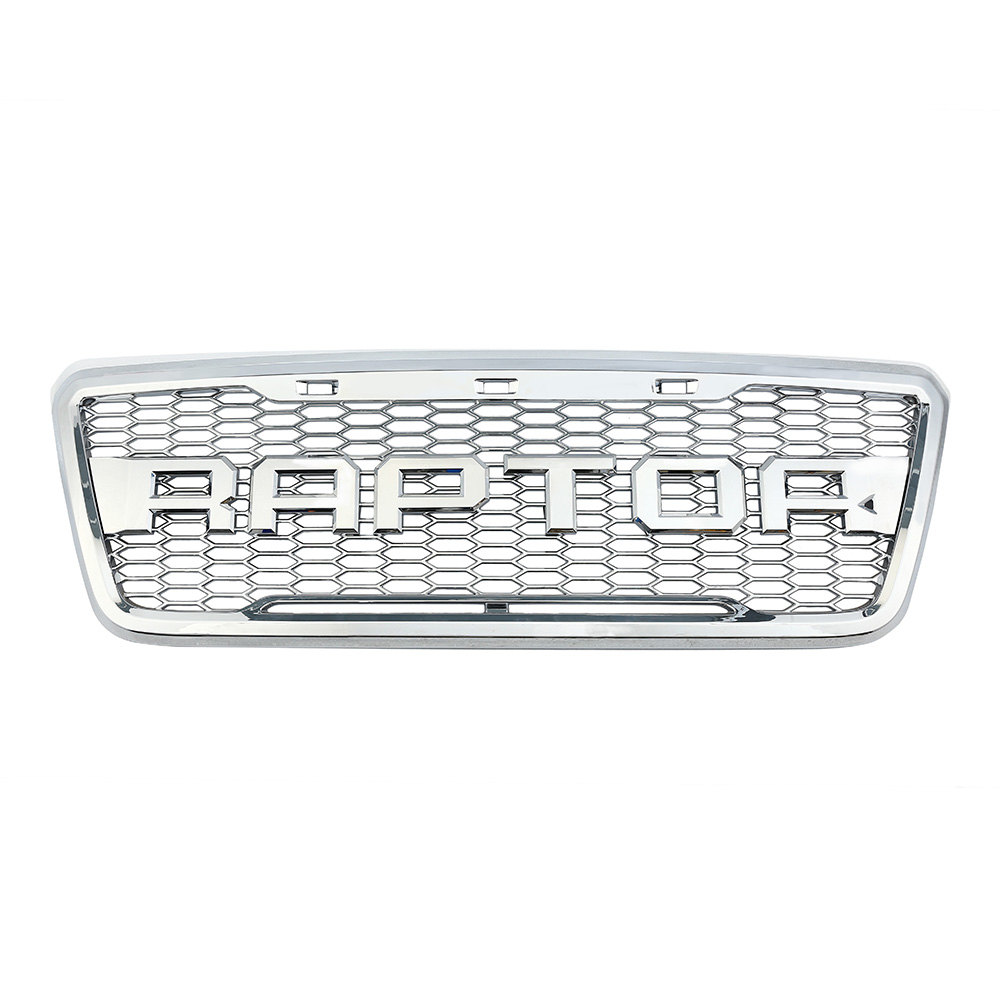
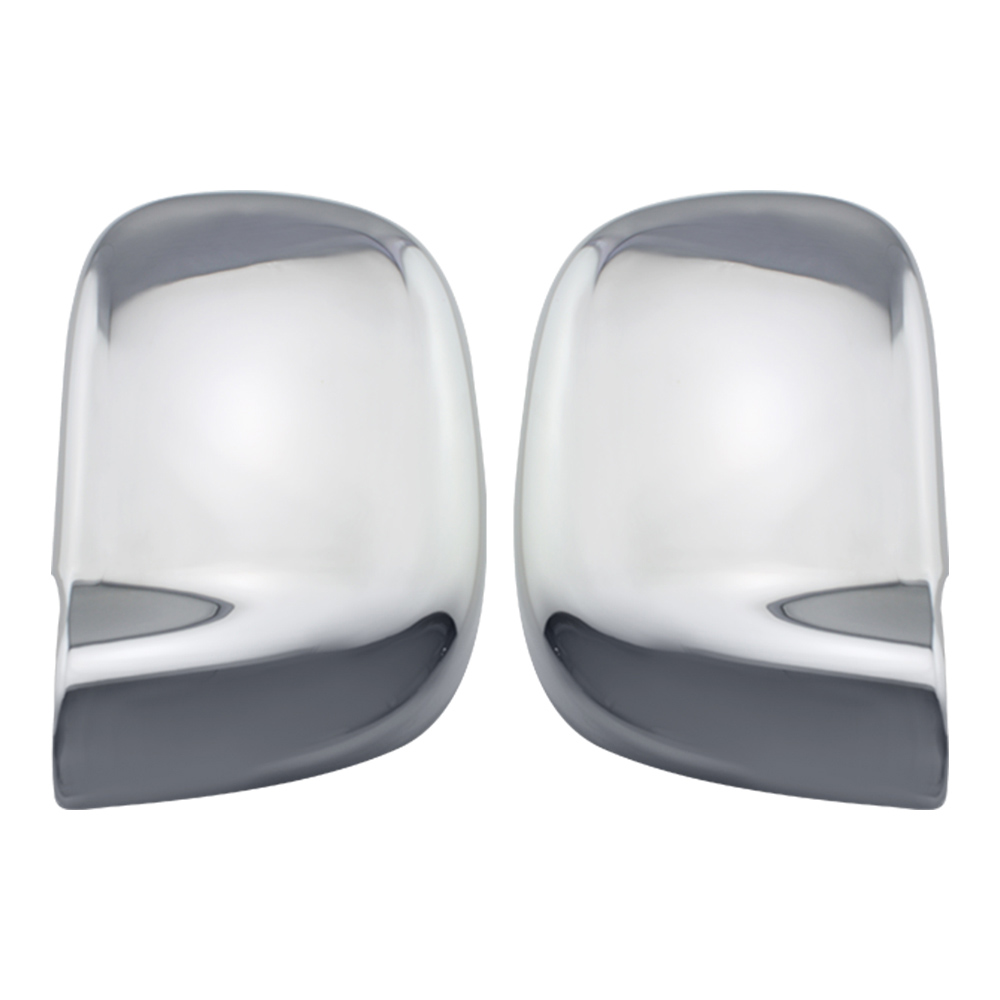 View More >>
View More >>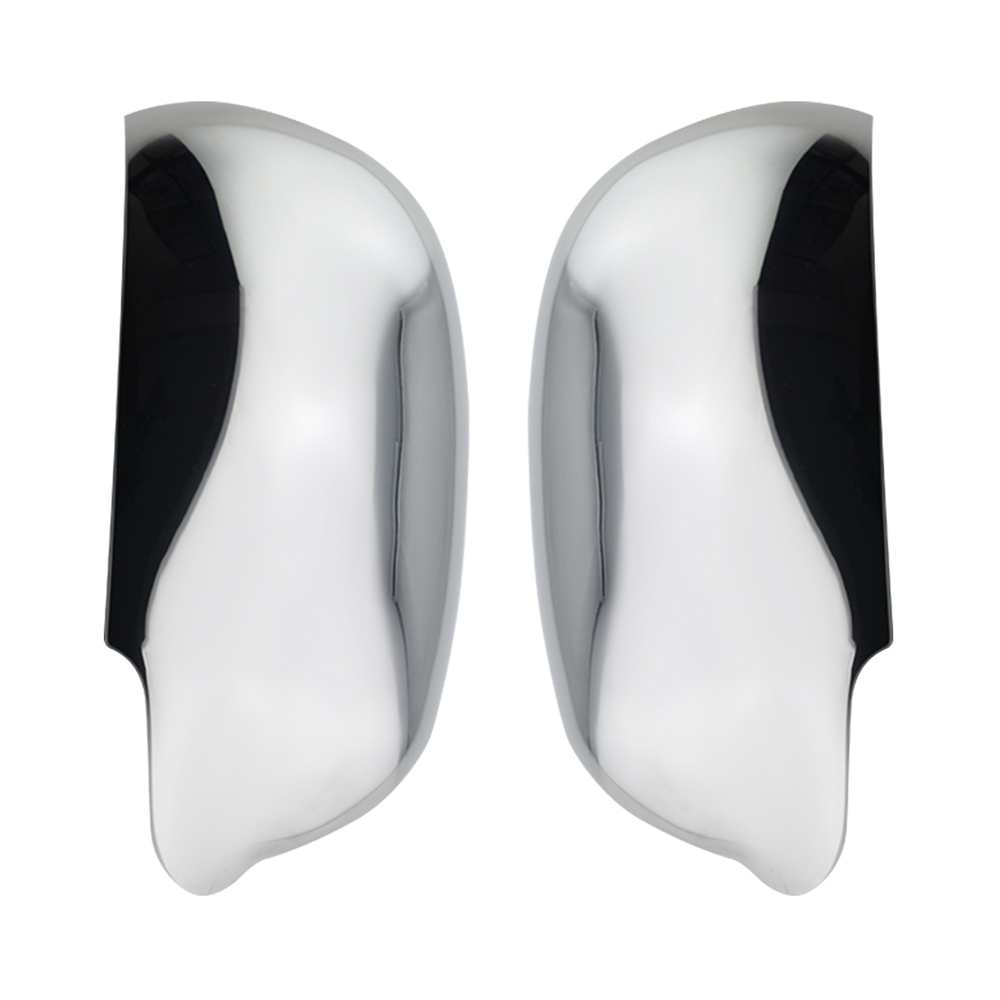 View More >>
View More >>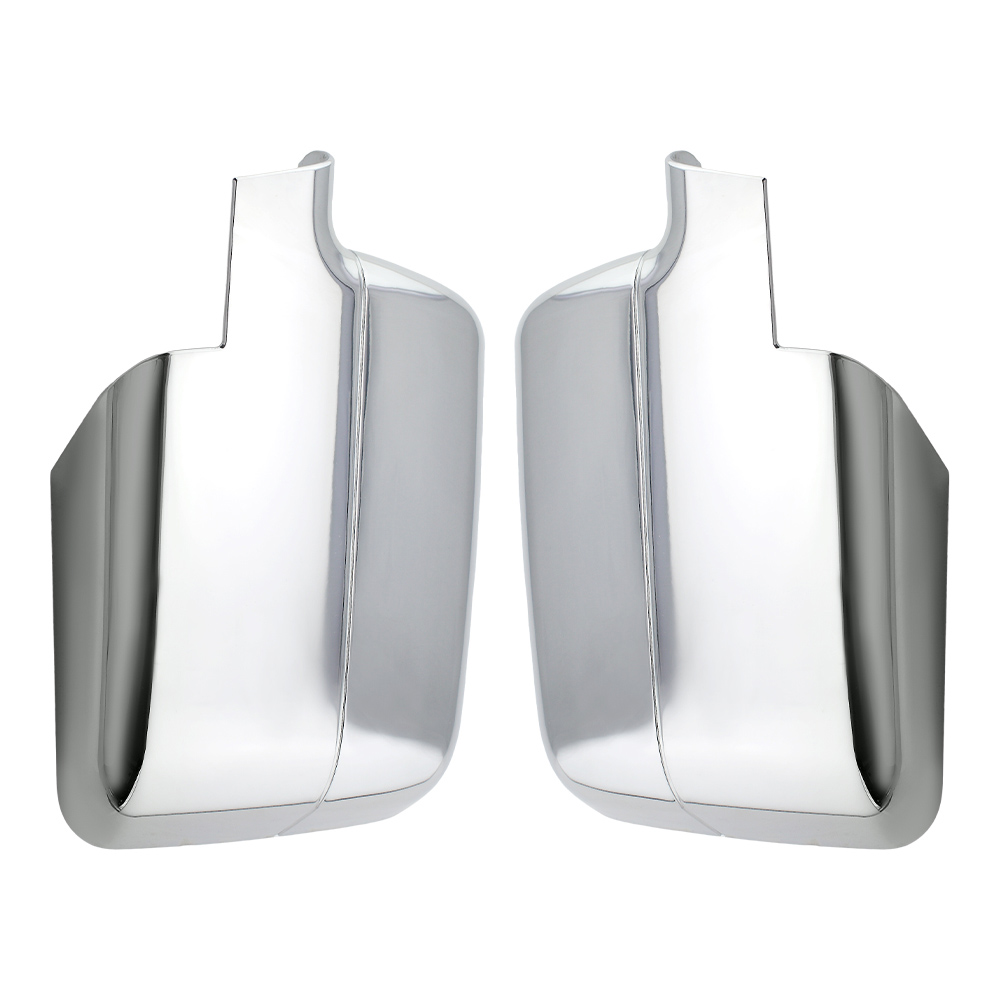 View More >>
View More >>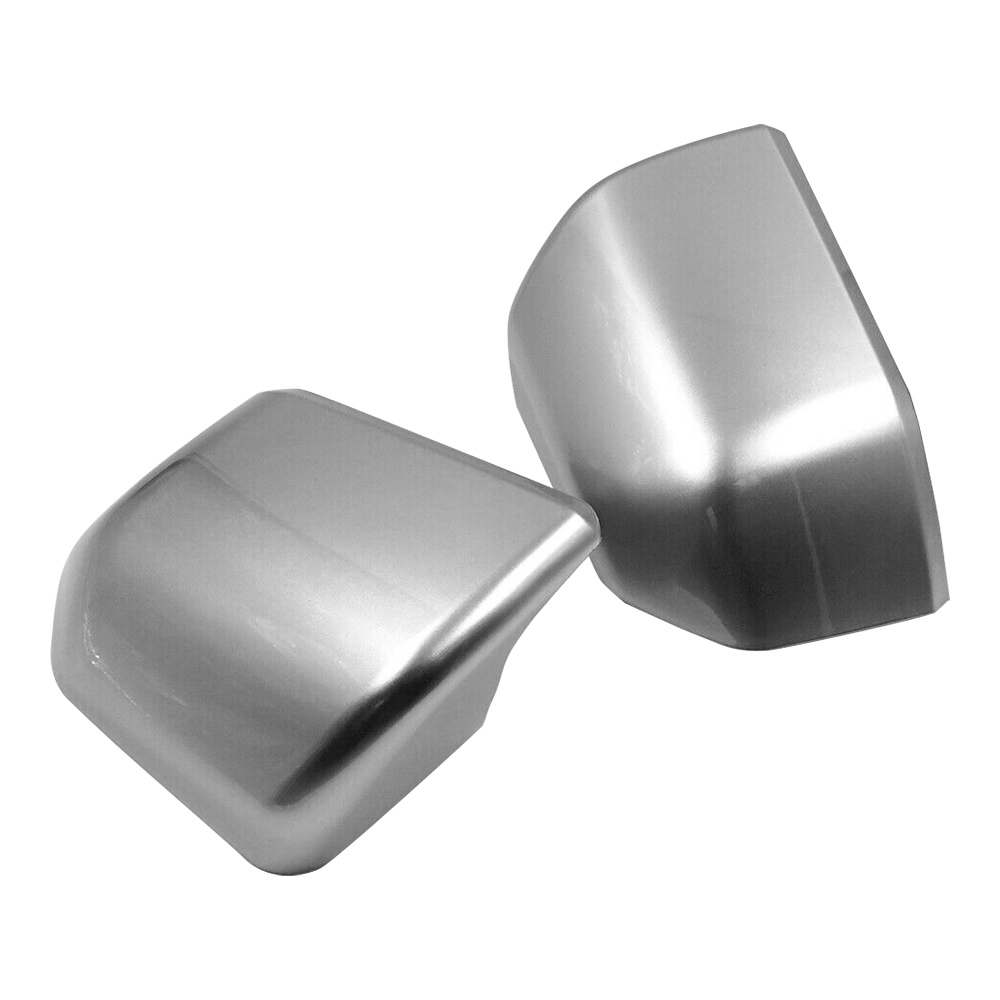 View More >>
View More >>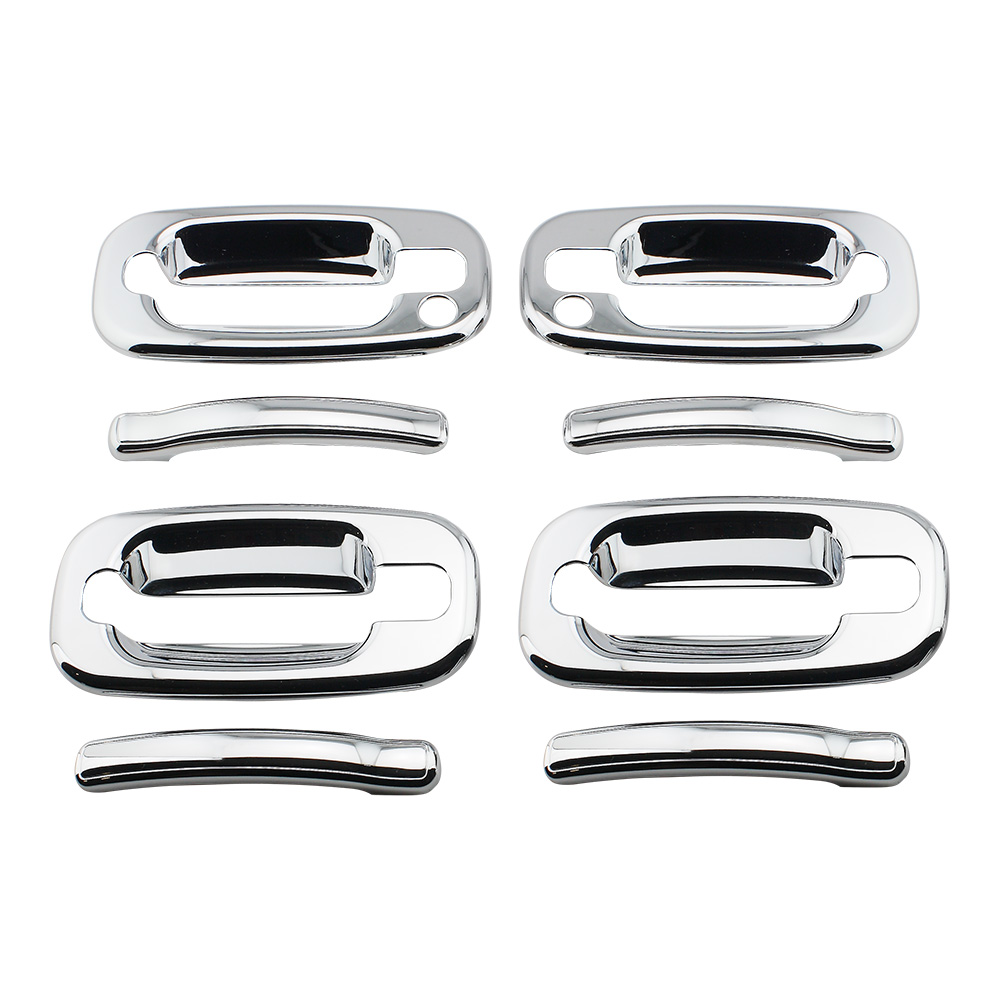 View More >>
View More >>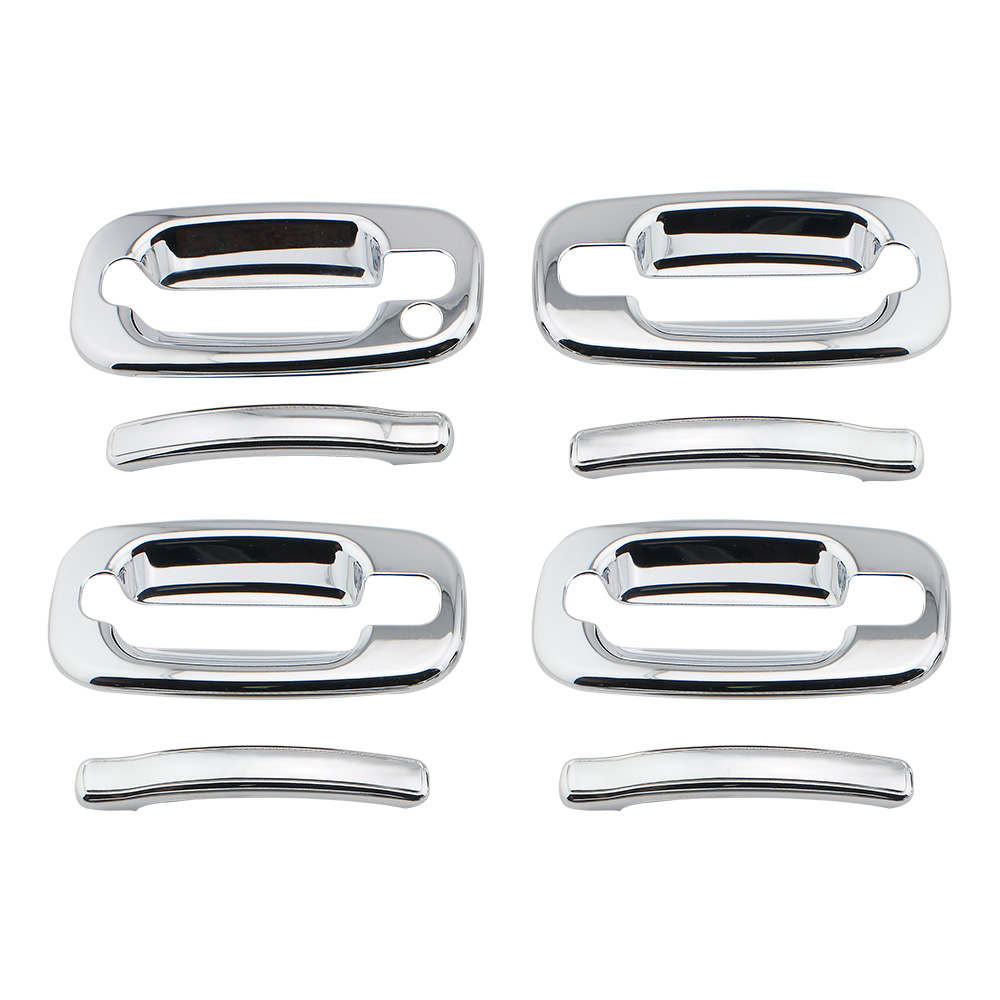 View More >>
View More >>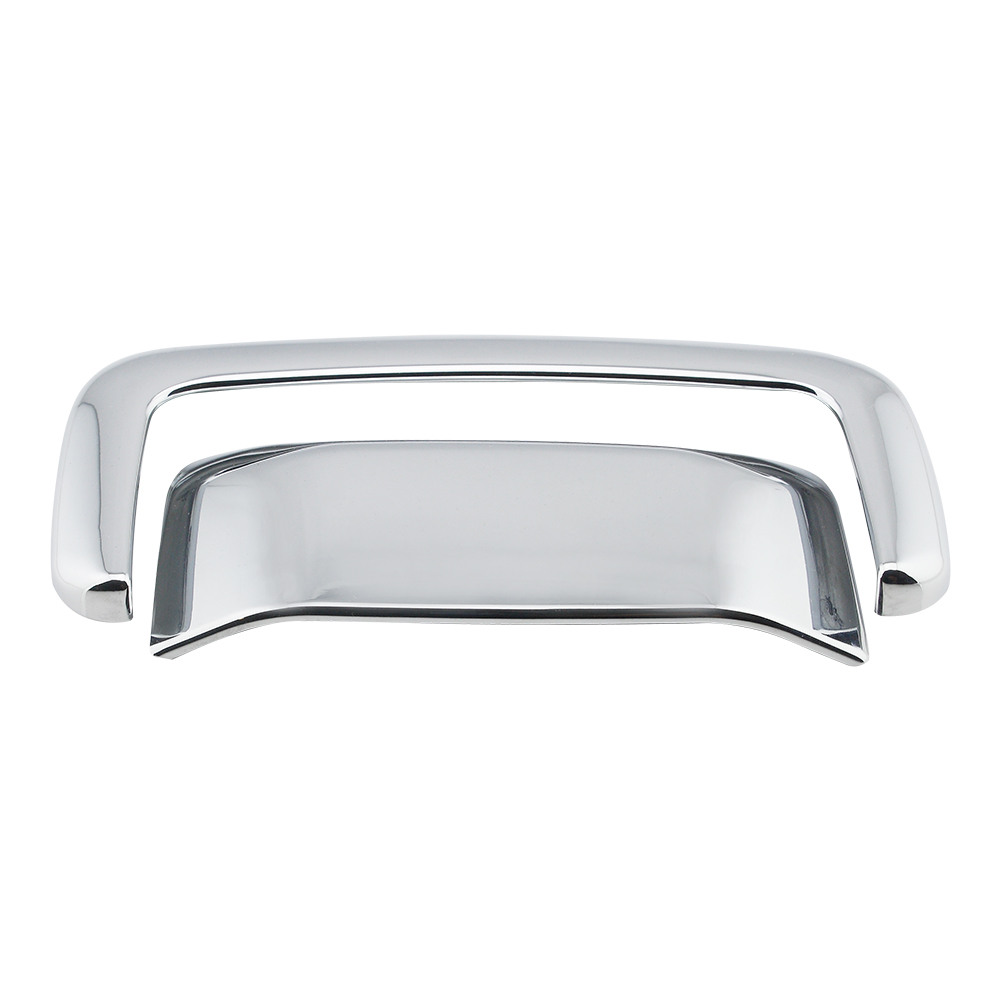 View More >>
View More >>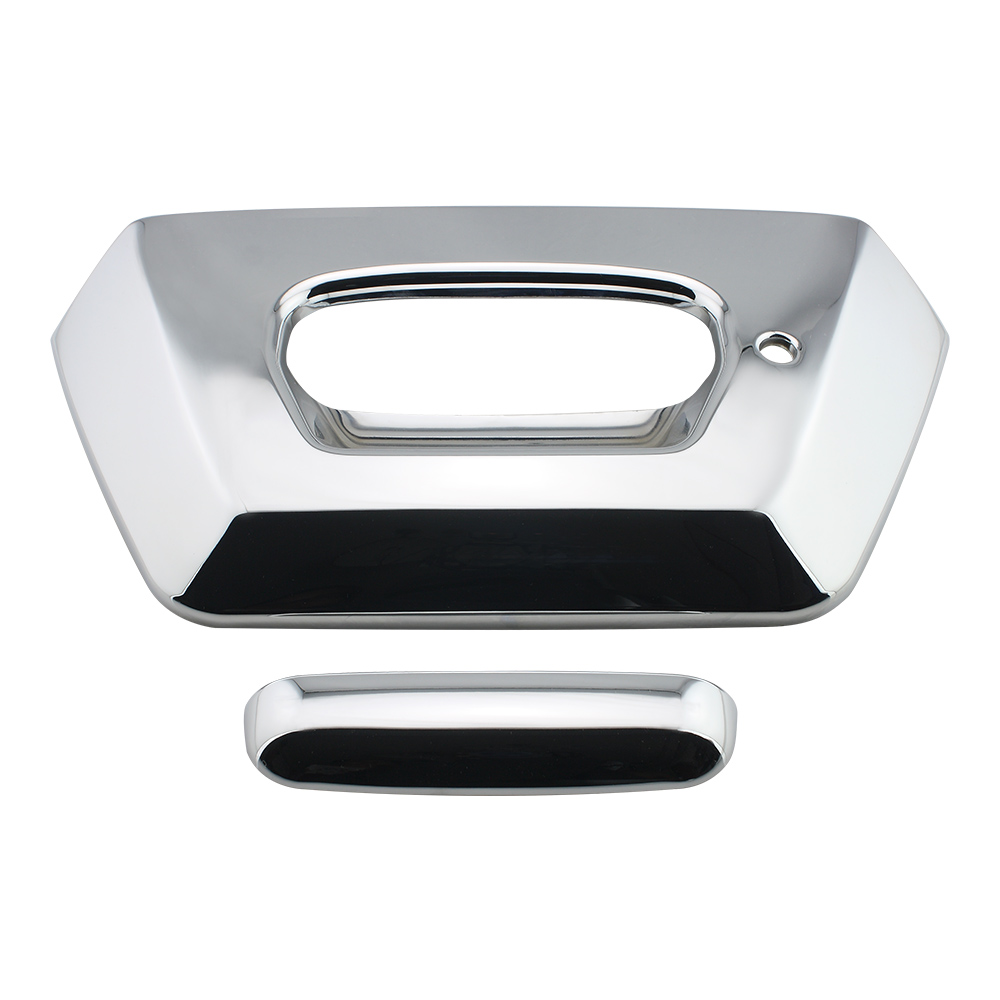 View More >>
View More >>(canaddletterfordraptor)-1.jpg) View More >>
View More >>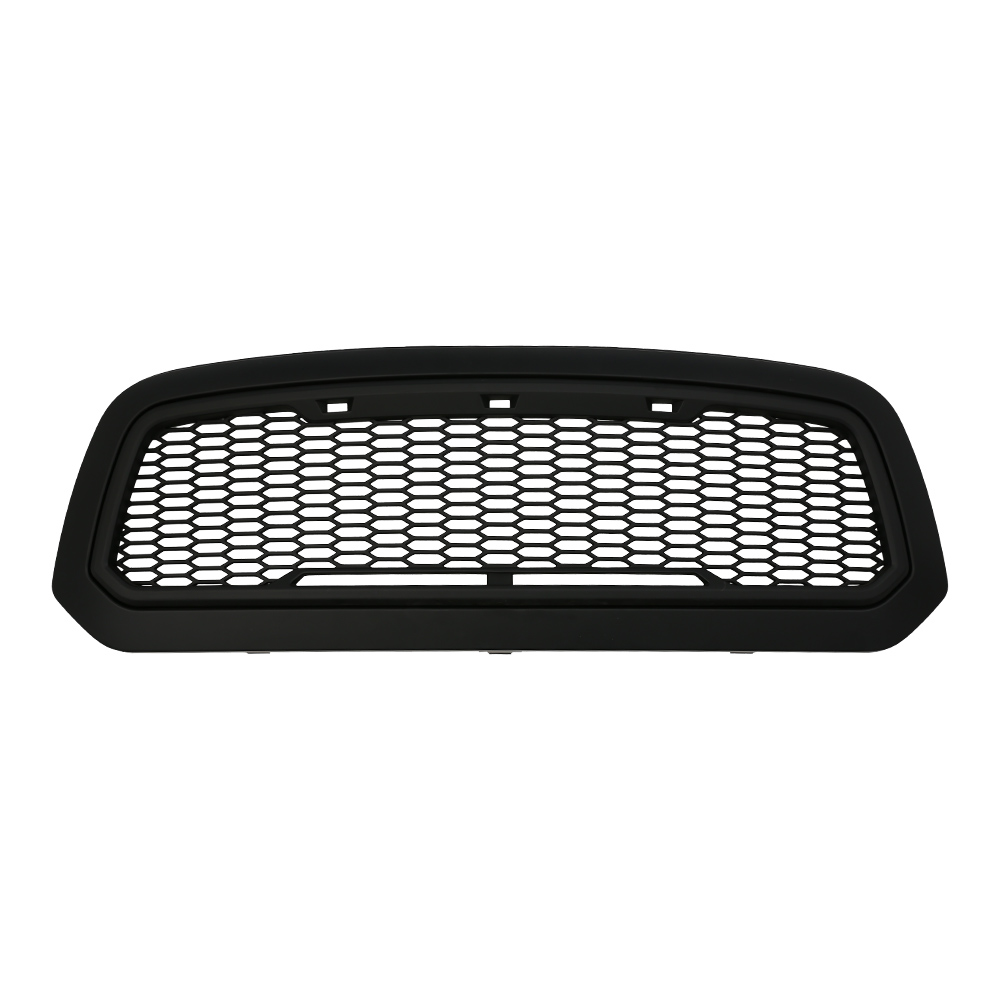 View More >>
View More >>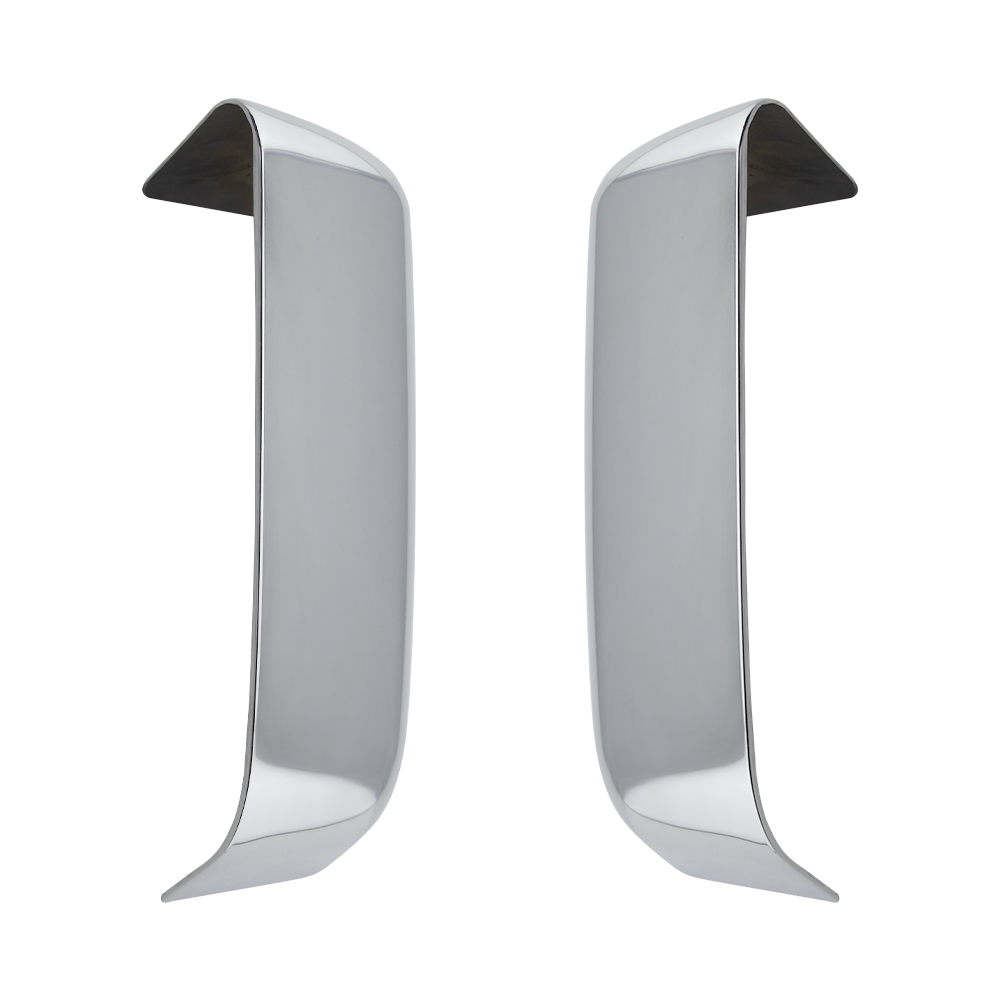 View More >>
View More >>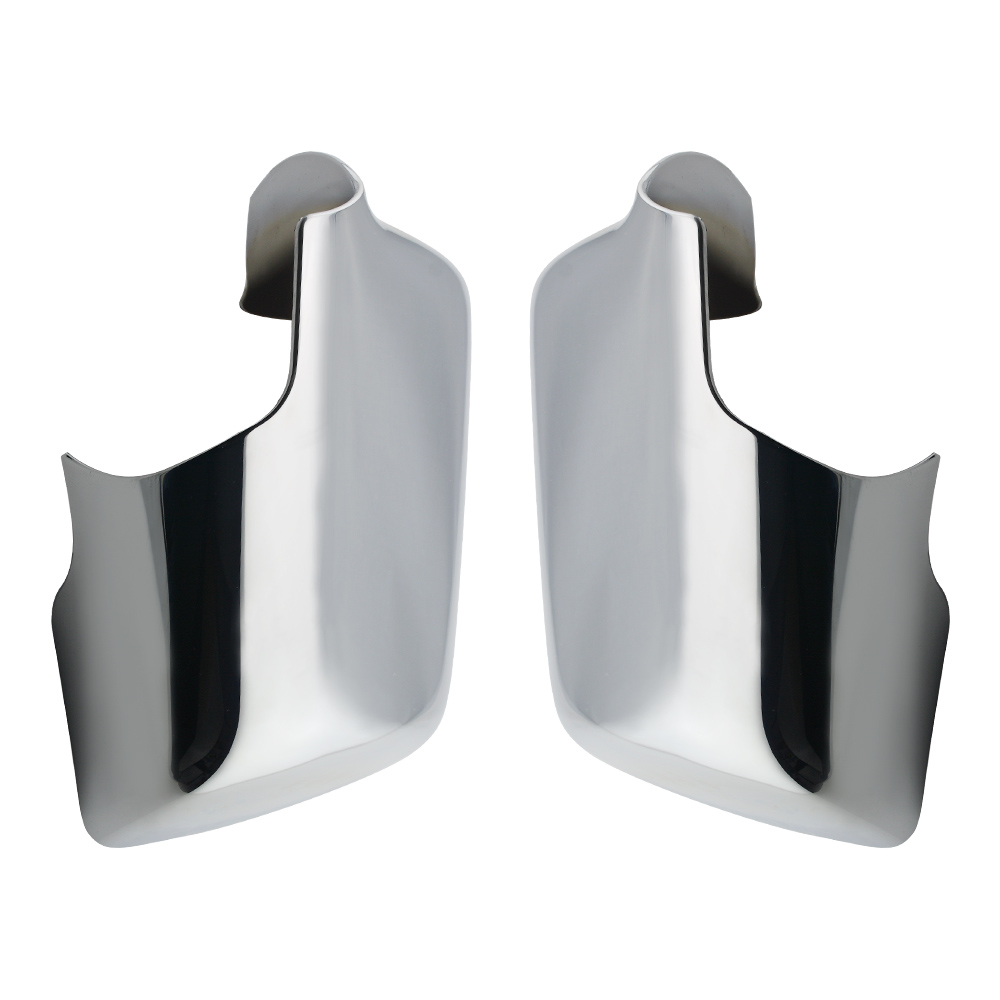 View More >>
View More >>
